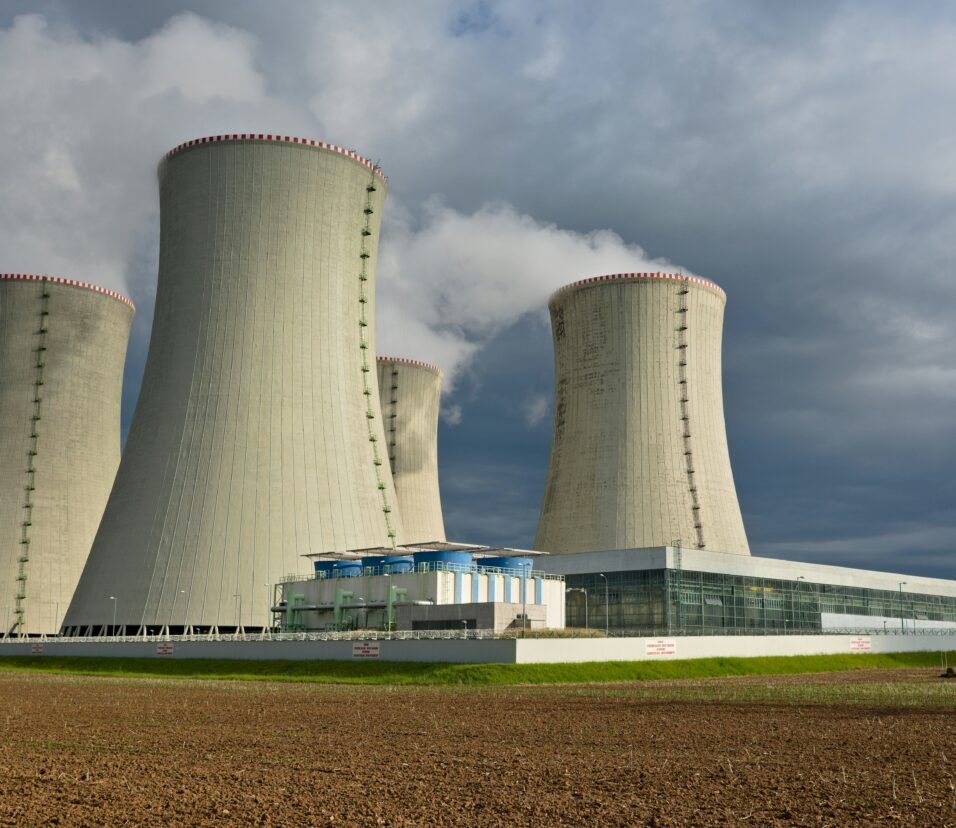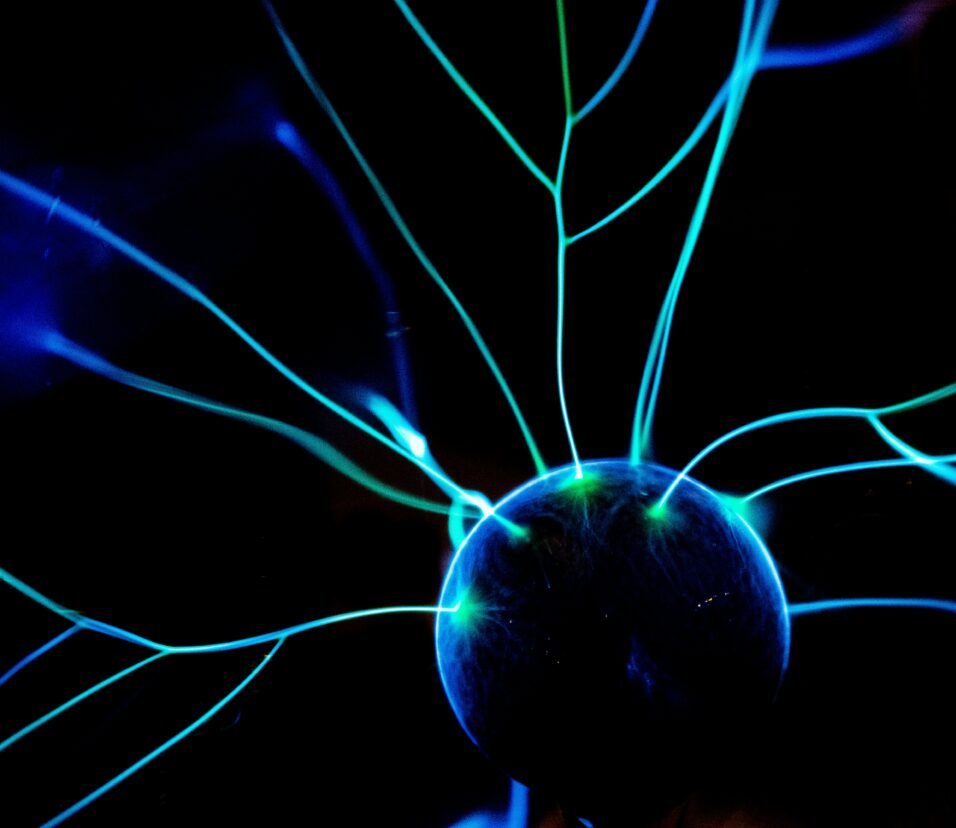Society & Future Tech: How Innovation Is Reshaping Humanity
From digital cities to AI soulmates, the future of technology isn’t just about faster gadgets—it’s about how we live, love, learn, and lead. In 2025 and beyond, society and technology are becoming inseparable.
🔮 Introduction: The Convergence of People and Machines
We’re no longer in an era where technology simply “helps” society. It’s redefining society.
- Work is becoming remote and automated
- Relationships are increasingly digital
- Education is personalized by AI
- Cities are driven by sensors, data, and prediction
- And even identity is going virtual through avatars and decentralized profiles
In this post, we explore how future tech is reshaping every layer of society, from our social lives to our sense of purpose.
🏙️ 1. Smart Cities: Where Infrastructure Becomes Intelligent
The cities of 2025 are being built with sensors, algorithms, and automation at their core.
Key Features:
- Traffic managed by AI to reduce congestion
- Smart energy grids optimizing power use
- Digital twins of entire cities for planning and disaster response
- Public services on-demand, from garbage collection to real-time transit updates
But there are concerns too:
- Surveillance overreach
- Data privacy in public spaces
- Accessibility gaps for less tech-savvy citizens
🤖 2. AI Companionship and the Redefinition of Relationships
Digital companionship is moving from novelty to necessity—especially for the elderly, isolated, or neurodiverse.
What’s Emerging:
- AI chatbots for mental health and emotional support
- Virtual influencers with massive human followings
- AI girlfriends/boyfriends through apps like Replika
- Robotic pets offering emotional bonding
This raises a societal shift:
- What happens when we trust machines more than people?
- Can digital empathy replace human empathy?
- Will real relationships decline in favor of algorithmic affirmation?
🎓 3. Future of Education: Personalized, Predictive, Post-Classroom
AI is tailoring learning paths based on:
- Your speed
- Your attention span
- Your interests
- Even your brain activity (in some early neuro-education experiments)
In 2025, Students Can:
- Learn via AI tutors with real-time feedback
- Enter gamified simulations instead of reading textbooks
- Get credentials through decentralized platforms, not universities
But:
- Who designs the learning algorithms?
- Will personalized education amplify inequality if tech access isn’t universal?
🧠 4. The Work Shift: Automation, Purpose & Post-Job Societies
Robots and AI aren’t just replacing factory jobs—they’re encroaching on knowledge work too.
| Industry | Tech Impact |
|---|---|
| Healthcare | AI diagnosing faster than doctors |
| Law | Automated contract analysis, legal assistants |
| Journalism | AI-generated reports and summaries |
| Design | Generative tools for logos, UIs, branding |
This leads to key questions:
- What happens to human purpose when jobs disappear?
- Do we move toward Universal Basic Income (UBI)?
- Will we define ourselves by creation, not productivity?
🧬 5. Body Enhancement: Where Biology Meets Technology
The human body is becoming modular and upgradeable:
- Wearables tracking health in real time
- Exoskeletons for labor and mobility
- Neural implants restoring sight, hearing, even thought control
- CRISPR and gene editing treating diseases before they start
But as we evolve biologically:
- Who decides what’s a “healthy” body?
- Will enhancements create a class of augmented humans?
- Could we lose something fundamentally human in the process?
🌐 6. Decentralization and the New Social Order
Web3, crypto, and decentralized identity are enabling people to own their data, money, and reputations without centralized gatekeepers.
Future Tech Enabling Decentralization:
- Blockchain-based voting systems
- Peer-to-peer marketplaces for jobs, housing, and media
- Self-sovereign digital IDs
- DAOs (Decentralized Autonomous Organizations) replacing traditional governance models
This could democratize society—or lead to digital tribalism.
🧭 7. Ethics, Bias, and the New Digital Morality
As tech increasingly makes decisions on our behalf, the need for ethical design grows urgent.
Consider:
- AI sentencing recommendations in courts
- Predictive policing tools
- Algorithmic bias in hiring and finance
- Facial recognition that fails on non-white faces
Society must now debate:
- Who trains the algorithms?
- Can we build AI with values?
- Do ethics evolve as fast as tech does?
📲 8. Identity in the Metaverse and Beyond
In 2025, identity is not just physical or legal—it’s multidimensional:
- Avatars in immersive digital spaces
- Reputation scores and badges on-chain
- Emotionally intelligent virtual assistants that reflect your personality
- Social clout via followers, tokens, and virality
What does this mean for:
- Privacy?
- Authenticity?
- Belonging?
And when our identity is split across platforms, are we more real—or less?
🚨 9. Society’s Fragile Relationship with Technology
As tech reshapes society, some groups are pushing back:
- Digital minimalists
- Anti-surveillance activists
- Local-first, slow-tech, or “degrowth” tech communities
- AI ethicists calling for pauses and bans
🧠 Final Thoughts: The Future Is Social
Technology will not evolve outside society. It will evolve through society.
That means:
- We all have a role in shaping its values
- Every ethical choice, product design, and policy decision matters
- The future we get depends on the questions we ask now
✅ TL;DR – How Future Tech Is Changing Society
| Area | Shift |
|---|---|
| Cities | Becoming data-driven and AI-optimized |
| Relationships | Digital companions and robotic intimacy |
| Education | Personalized, gamified, AI-driven |
| Work | Automation reshaping purpose and employment |
| Biology | Enhancement through tech and genetics |
| Governance | From central authorities to decentralized systems |
| Ethics | Algorithms challenging human values |
| Identity | Blurring lines between real and virtual self |








